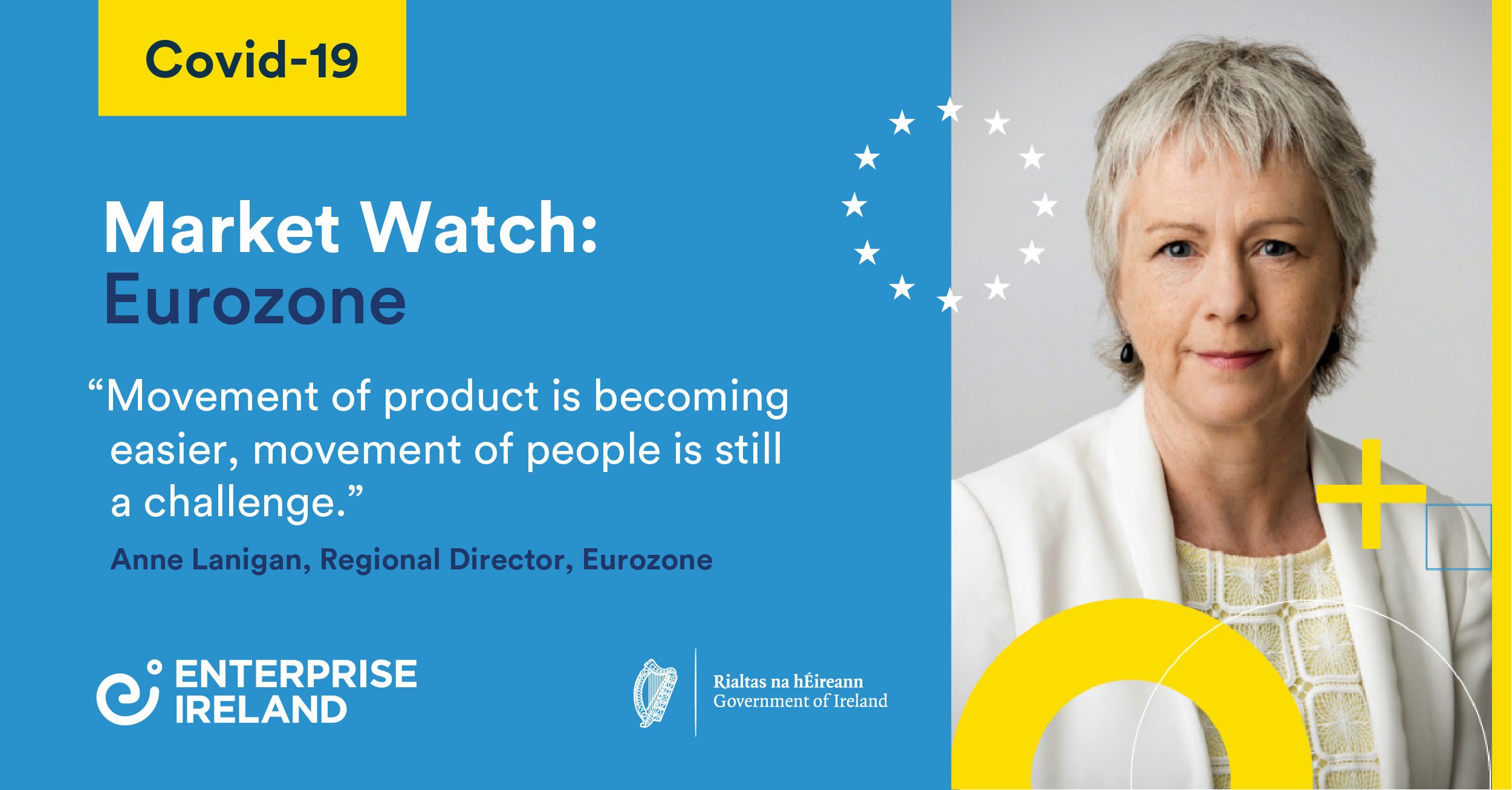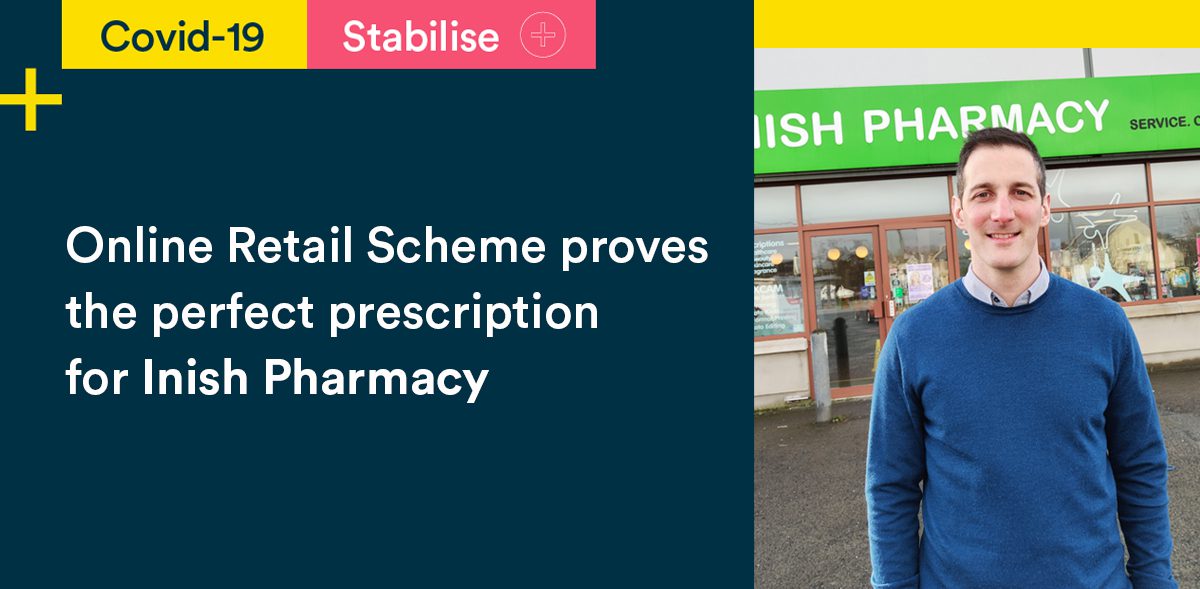Developing employee engagement now will pay dividends long into the future
Up until the pandemic, the biggest challenge facing many firms was attracting and retaining talent. That hasn’t changed, says Ryan Williams, CEO of Conscia, a training provider which specialises in employee engagement.
Conscia is the architect of a series of online modules designed to help companies maintain employee engagement throughout the Covid-19 crisis.
Each provides practical steps to take, plus easy to use templates and frameworks, to help companies maintain their employee value proposition (EVP).
Those that succeed in doing so will not only optimise productivity throughout this current, difficult time, but will be well placed to capture the opportunities of the post-pandemic surge.
Those that neglect employee engagement, however, risk damaging their reputation as an employer of choice long into the future. “It’s about asking yourself, how you want your company to be remembered after this pandemic,” says Williams.
Your EVP is an invaluable retention tool and should be robust enough to support employees in good times and in bad, he points out.
“The market for talent will be equally as competitive when we come out the other side of this as it was when we went in,” says Williams.
“Though some sectors will suffer more than others, the fact remains that if you needed a software developer before this, you will still need one after it, so it is important to get the best talent that is out there.”
The top priority for employers right now is communication.
By this stage new work practices will be established, either from home or, socially distanced, in the workplace.
“The novelty of the early stages has well and truly worn off, the buzz of setting up meetings on MS Teams and Zoom has ebbed, and people are starting to feel this will never end. The risk is that employers stop communicating when in fact it is vital to over-communicate now and throughout this process.”
Deliver your communications with confidence
In a period characterised by uncertainty and anxiety, it’s important to display “honest confidence” he says.
“Be honest and transparent and deliver your communications with confidence, even if it is bad news, such as, perhaps, having to take a pay cut to get through this. People can cope if they realise there is light at the end of the tunnel.”
Empathetic leadership is essential. “You need to communicate your company’s vision and mission with empathy. It’s about understanding that your people are going through challenging times.”
Weekly ‘all hands’ meetings online are an opportunity to show that everybody is part of what is a communal effort.
“Be very honest about what you do and don’t know. The rumour mill can be difficult to manage so share the good, the bad and the ugly with honest confidence.”
Decision making in a time of crisis should be quick and decisive, with resources allocated speedily. Employee polls are a quick and effective tool for effecting change, offering maximum transparency and ‘buy in’.
Regular, scheduled and consistent communications help keep fear and anxiety at bay. Use video as much as possible. “People want to see their leaders.”
Be cognisant of the impact not just of your words, but of your tone and body language too. “Lean forward, be expressive, use your hands,” he says.
As well as large town hall type, and team meetings, make sure to set aside time for one to ones, to check in with people and see how they are doing.
Recognise and reward output. “Celebrate team wins and individual efforts more than in ordinary times. People are doing fantastic things right now so make time for shout outs in meetings and promote them on your social media too.”
Fostering ‘water cooler’ moments online helps to replicate the everyday interaction of the traditional workplace. “Don’t lose your social cohesion.”
Building trust and loyalty
At every step, focus on building trust and loyalty. “Very many companies have spent years building up their culture. Don’t lose it. Find new ways of maintaining it instead.”
Social distancing will likely continue for some time, as will working from home. “We are all living with uncertainty at present, so ‘What does this mean for me?’ is the key question people have. While you can’t control this, you can help by removing as much of the uncertainty for employees as possible.”
Provide purpose and stay positive
The current situation provides a great opportunity for learning and development. “This doesn’t have to cost you money,” he points out.
“It could be online learning opportunities, or a situation where an experienced member of staff helps train up others on a new software tool, such as cucumber. It could be a buddy system, where someone experienced is matched with someone who may be feeling overwhelmed.”
Spare capacity could be given over to executing planned projects that had previously been put off. “We have one client company, for example, who built an entire logistics platform in eight weeks, a project it had long wanted to do,” says Williams.
Such initiatives help provide purpose, an important component in employee engagement.
Set short term goals for long term results. “Focus on bite sized projects to help people navigate through.”
Finally, stay positive. “Remember, this is different from the financial crisis because it is the same for everybody. From Ireland to China to the US, the base line has lowered for everyone. So, while there is uncertainty, and a need to paint as honest a picture as possible, it’s also important to look to where the opportunities will be post-pandemic.”
To find out more about building employee engagement during the Covid-19 restrictions see here.






















